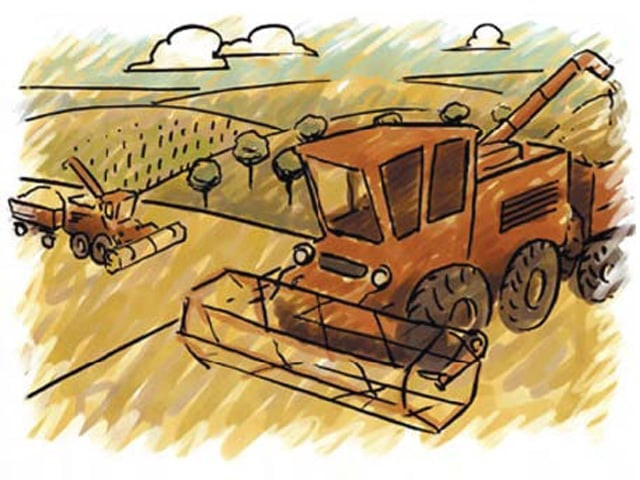Damaged irrigation channels add to challenges
Post-flood agriculture: 'Shortage of water remains pressing concern'.

The devastating floods have destroyed thousands of channels increasing challenges for farmers who have lost not only their homes but also their lands. According to the Food and Agriculture Organisation (FAO) of the United Nations, some 80 per cent of the affected population includes small-scale farmers who are facing serious challenges after returning to their homes.
“Shortage of water remains a pressing concern for the country over the next few months,” said Federal Minister for Food and Agriculture Nazar Muhammad Gondal. He stressed the fact that the floods have damaged close to 10,000 channels, forcing farmers to temporarily switch to traditional techniques, such as mud channels, for the immediate relief.
The FAO also says it is vital to ensure that crop production is resumed by as many farmers as possible through winter (Rabi) and into the spring (Kharif) planting season, which includes staple crops like rice and maize, fodder crops and summer vegetables.
The FAO, which is leading the agriculture cluster in flood relief activities, has stressed the need to restore and repair the irrigation channels or else the lack of water could lead to destruction of crops which have already been planted. “It was very necessary for us to meet the demand in the Rabi season or else we would face crop losses for two years,” said Aly Khan from the FAO.
Irrigation is paramount to ensure the survival of crops planted during Rabi and indispensable for Kharif crops, particularly rice. Khan pointed out that funding remains a challenge. Of the $170.6 million which was requested in response to the revised early response plan for flood relief, only $95.8 million has been received – the gap of $74.8 million needs to be filled.
“We have issued tenders for repairing of irrigation channels, which need to be restored on an urgent basis. If we do not give water to the fields at the right time, the whole exercise of planting seeds will be rendered useless,” explained Khan.
The agency highlights that crop types and planting times vary across geographical locations and agro-climatic conditions. Hence, responses must be adapted to meet this continuous cropping cycle and the distinct needs of farming communities.
Published in The Express Tribune, December 2nd, 2010.



















COMMENTS
Comments are moderated and generally will be posted if they are on-topic and not abusive.
For more information, please see our Comments FAQ